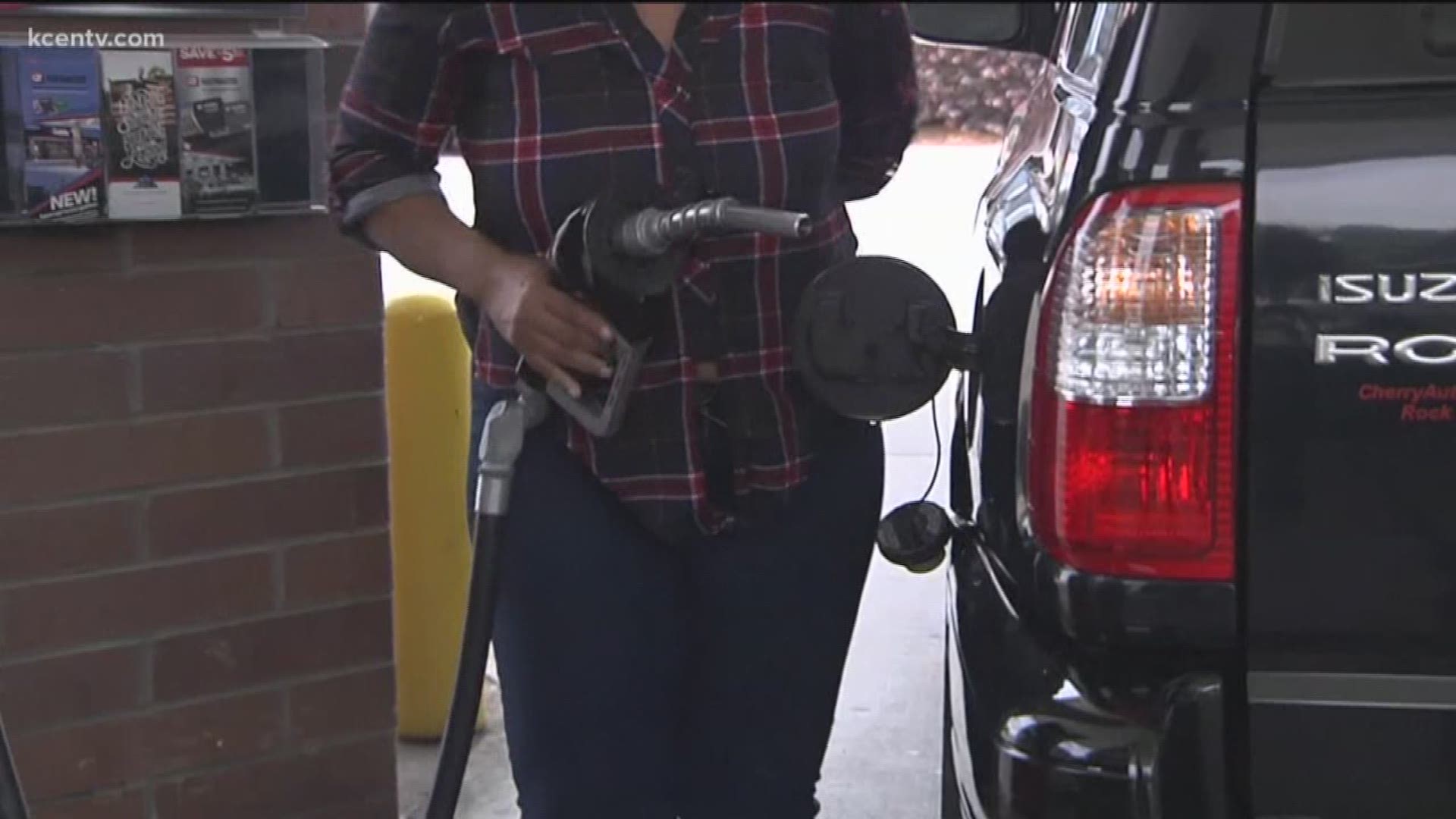Temple — It's no secret gas prices are rising. Nationwide, the average price for a gallon of gas is $2.97, according to AAA.
Every vehicle's owner manual lists a recommended fuel octane for filling up the tank. However, online claims say using a higher-than-recommended octane fuel can increase gas mileage.
James Smith, co-owner of Smith Family Automotive Care in Temple, said fuel octane is the amount of pressure required during the engine's internal combustion process.
"If you put a higher octane fuel in than what it calls for, it isn't going to make it perform any better," Smith said. "It's not going to get better mileage, you're just spending more money."
Smith said high-performance vehicles like imported luxury cars or sports cars call for higher octane fuels for acceleration and to perform as expected, overall.
What about lower-than-recommended octane?
"You can use a lower octane fuel," Smith said. "Newer model cars, 2000 and later, are going to adjust to whatever octane you put in."
According to Smith, that adjustment is called engine ping and if it doesn't sound right, go back to the higher octane fuel.
If it keeps going after that, see your mechanic.

